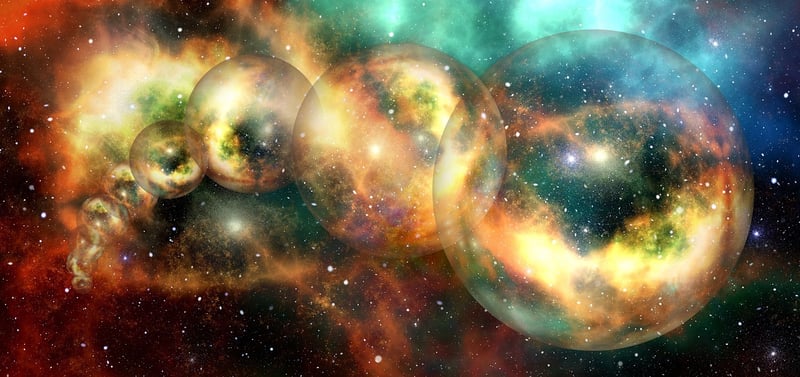Multiverse Theory
Exploring Complex Temporal Concepts and Multiverse Theory
Time, a concept that has intrigued humanity for centuries, is a complex and multifaceted phenomenon that plays a crucial role in our understanding of the universe. When delving into temporal concepts, one might encounter mind-bending theories like the Multiverse Theory, which posits the existence of multiple parallel universes. Let's embark on a journey to unravel these intricate ideas.
Understanding Temporal Concepts
Time is not merely a linear progression from past to present to future; it encompasses a range of philosophical, scientific, and metaphysical ideas. Concepts like time dilation, time travel, and the arrow of time add layers of complexity to our perception of temporal reality.
Time Dilation
According to Einstein's theory of relativity, time is not constant but can vary depending on the observer's relative motion and gravitational field strength. This phenomenon, known as time dilation, has been experimentally verified and plays a crucial role in modern physics.
Time Travel
The idea of traveling backward or forward in time has long captured the imagination of scientists and fiction writers alike. While time travel remains a theoretical possibility, it raises profound questions about causality, paradoxes, and the nature of reality.
Arrow of Time
The arrow of time refers to the asymmetry of time's directionality, moving from past to future and not vice versa. This concept is closely linked to entropy, the measure of disorder in a system, and underlies our perception of irreversible processes in the universe.
Exploring Multiverse Theory
Parallel to these temporal intricacies is the Multiverse Theory, a hypothesis that suggests the existence of multiple universes beyond our own. In a multiverse scenario, each universe may have different physical laws, constants, and even histories, offering a vast landscape of possibilities.
Types of Multiverse
Several models of the multiverse have been proposed, including the Level I Multiverse (infinite universes with similar physical laws), the Level II Multiverse (universes with different physical constants), and the Level III Multiverse (many-worlds interpretation of quantum mechanics).
Implications and Controversies
The Multiverse Theory raises profound questions about the nature of reality, the anthropic principle, and the fine-tuning of the universe for life. While some scientists find the idea compelling and compatible with theoretical frameworks, others criticize it for lacking empirical testability.
Conclusion
Complex temporal concepts and the Multiverse Theory challenge our conventional understanding of time, space, and existence. By exploring these ideas, we expand our intellectual horizons and contemplate the mysteries that lie at the heart of the cosmos.

Image Source: Pixabay
